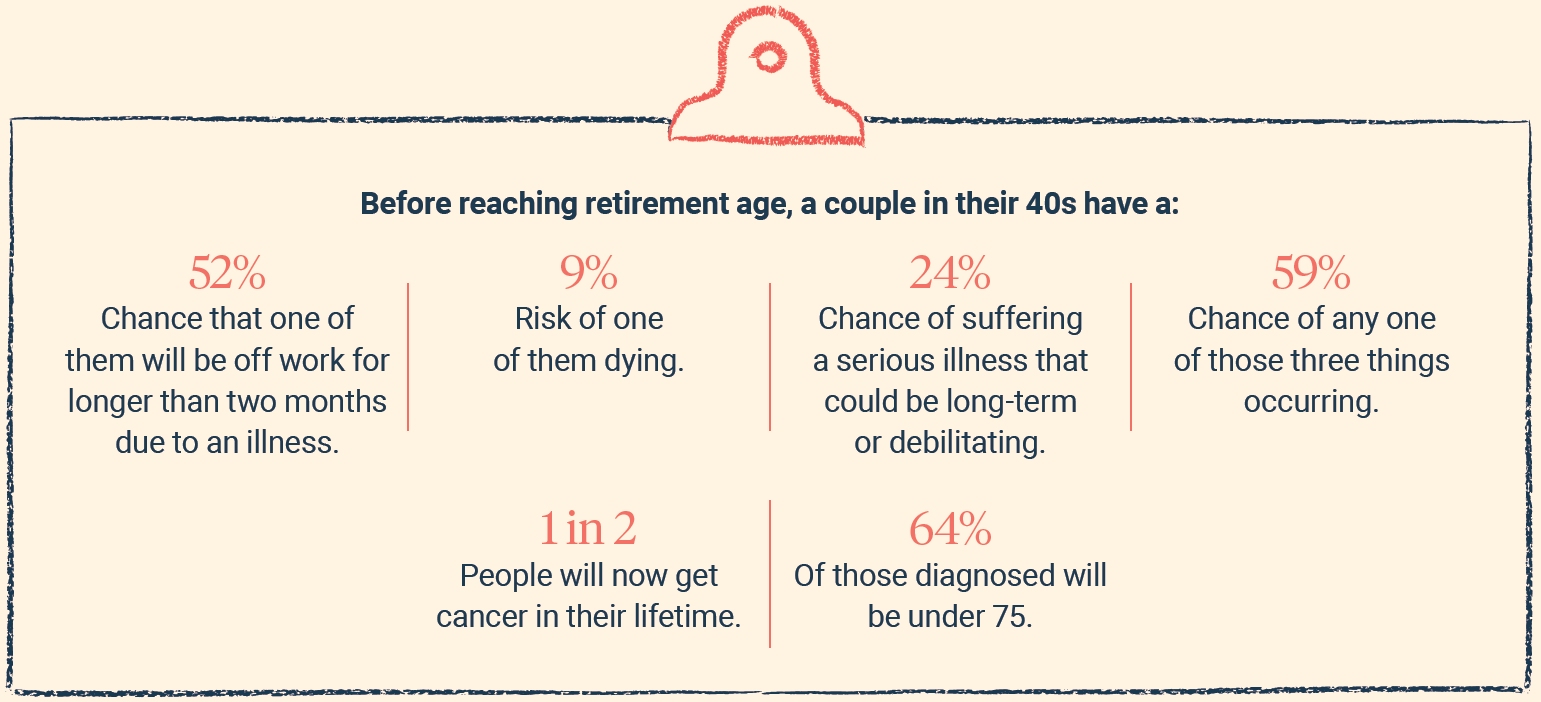Whiteley
Solent Business Park, 4500 Parkway, Whiteley, PO15 7AZ
Bath
Queen Square House, Queen Square Place, Bath, BA1 2LL
Elstree and Borehamwood
Unit 2, Elstree Way, Borehamwood, WD6 1JD
Bournemouth
Suite 10, Branksome Park House, Branksome Business Park, Bourne Valley Road, Poole, BH12 1ED
Bristol
Spaces Castle Park, Programme Building, The Pithay, Bristol, BS1 2NB
Farnham
Gostrey House, Union Road, Farnham, Surrey, GU9 7PT
Leigh-on-Sea
1279 London Road, Leigh-on-Sea, SS9 2AD
London
3 -5 Rathbone Place, London, W1T 1HJ
Newcastle
Fernwood House, Clayton Road, Jesmond, Newcastle upon Tyne, NE2 1TL
Penarth
The Gallery, 1-3 Washington Buildings, Penarth, CF64 2AD
St Albans
2nd Floor, Dagnall House, 2 Lower Dagnall Street, St Albans, AL3 4PA
Wells
Melbourne House, Wells, BA5 2PJ






